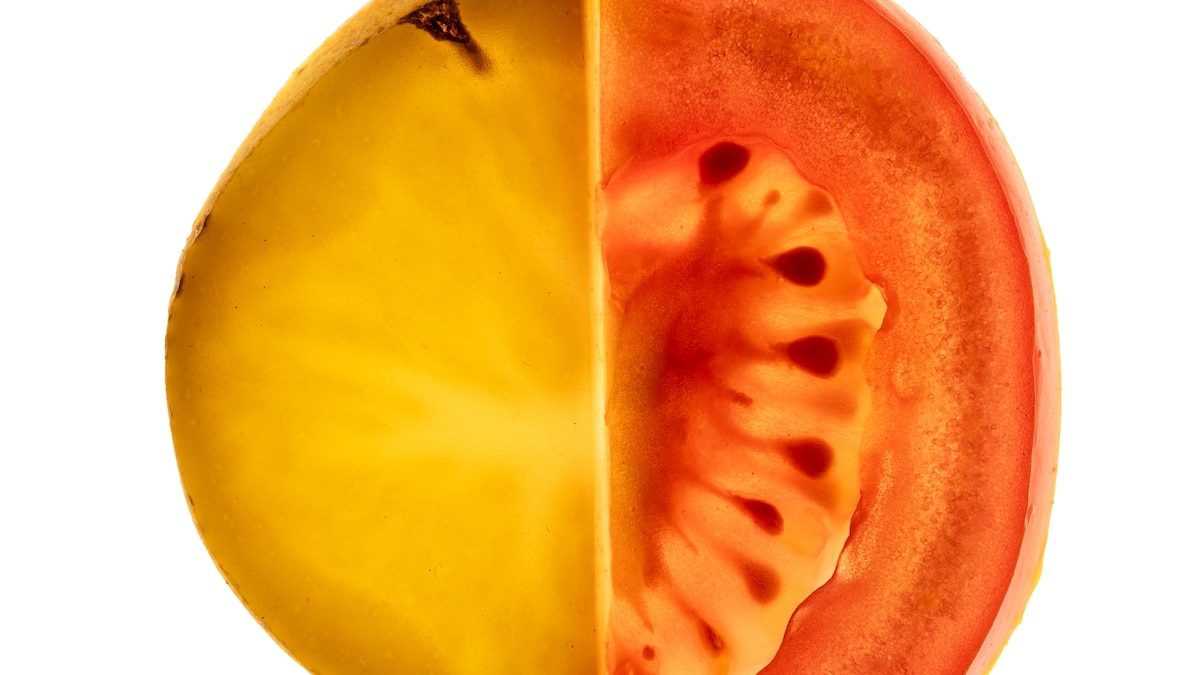Now Reading: Scientists Uncover the Surprising Origins of Potatoes
-
01
Scientists Uncover the Surprising Origins of Potatoes
Scientists Uncover the Surprising Origins of Potatoes

Fast summary
- A new study in Cell reveals that modern potatoes originated from a genetic cross between ancient tomato and Etuberosum plant species 8-9 million years ago.
- These genetic combinations enabled the formation of starchy tubers,paving the way for the potato’s evolutionary success.
- potatoes are part of the Solanum genus, also home to tomatoes, peppers, and eggplants-it’s one of the largest flowering plant genera with over 1,000 species.
- Researchers used genome sequencing to trace relationships between potatoes and other plants in their genus.
- The hybridization led to traits like tuberization (enabled by genes SP6A from tomatoes) critical for survival in cold and dry conditions during Andes mountain formation approximately 10 million years ago.
- Potato reproduction via cloning (rather than seeds) makes it vulnerable to disease but allows early survival post-hybridization despite reduced fertility until environmental adaptation occurred.
- Current research seeks ways to genetically “clean up” harmful mutations in potatoes through seed-based hybrids and potential gene reintroduction via tomato platforms for improved crop health.
Indian Opinion Analysis
This study underscores notable advancements in understanding crop evolution-a topic relevant given India’s reliance on agriculture as a cornerstone of its economy and food security systems. With India’s position as a leading global producer of potatoes, insights into the genetic resilience or vulnerabilities tied to hybridization are critical for addressing challenges such as diseases or yield instability stemming from cloning-based farming practices.
Efforts toward developing healthier seed-based potato crops could reduce risks comparable to historic crises like Ireland’s Potato Famine-a poignant concern particularly relevant amidst rising climate unpredictability affecting agricultural productivity worldwide. Moreover, leveraging gene transfer technologies may present opportunities for India’s agri-tech sector while helping farmers optimize yields sustainably without extensive resource use.
India might benefit directly by adopting these innovations-possibly fostering collaborations between domestic researchers and international teams working on genetically enhanced staples like tomatoes-to-potatoes transitions explored here.

























